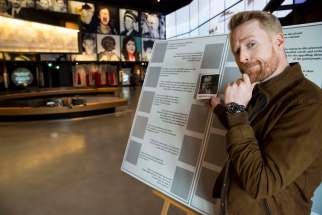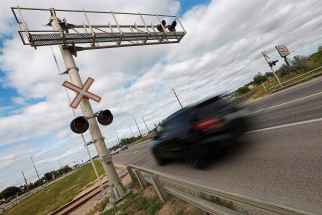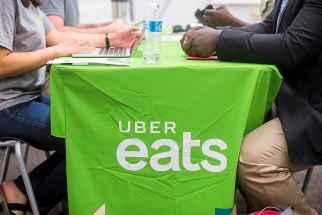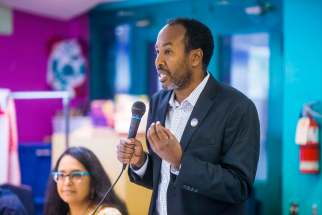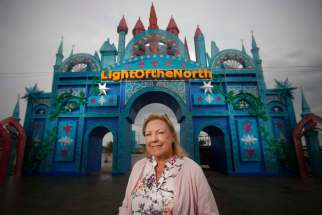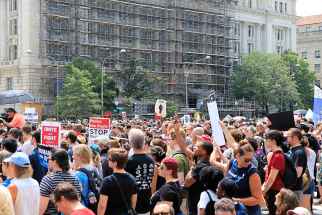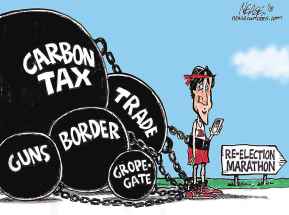One year later, the alt-right stays home
Read this article for free:
or
Already have an account? Log in here »
To continue reading, please subscribe:
Monthly Digital Subscription
$0 for the first 4 weeks*
- Enjoy unlimited reading on winnipegfreepress.com
- Read the E-Edition, our digital replica newspaper
- Access News Break, our award-winning app
- Play interactive puzzles
*No charge for 4 weeks then price increases to the regular rate of $19.00 plus GST every four weeks. Offer available to new and qualified returning subscribers only. Cancel any time.
Monthly Digital Subscription
$4.75/week*
- Enjoy unlimited reading on winnipegfreepress.com
- Read the E-Edition, our digital replica newspaper
- Access News Break, our award-winning app
- Play interactive puzzles
*Billed as $19 plus GST every four weeks. Cancel any time.
To continue reading, please subscribe:
Add Free Press access to your Brandon Sun subscription for only an additional
$1 for the first 4 weeks*
*Your next subscription payment will increase by $1.00 and you will be charged $16.99 plus GST for four weeks. After four weeks, your payment will increase to $23.99 plus GST every four weeks.
Read unlimited articles for free today:
or
Already have an account? Log in here »
Hey there, time traveller!
This article was published 14/08/2018 (2679 days ago), so information in it may no longer be current.
Not so loud. Not so many. Not so bold. Not so brave.
That pretty much sums up how things played out last weekend for the various white-nationalist groups that had planned a mass march on Washington, D.C., to mark the one-year anniversary of the violent alt-right rally last summer in Charlottesville, Va.
In contrast to the thousands who showed up last August, clad in Trump-tribute khakis and white golf shirts, armed with blunt objects and tiki torches, and remaining brazenly bare-faced as they shouted racist slogans such as “Jews will not replace us,” the meagre dozens who ventured into the U.S. capital to take part in this year’s Unite the Right rally opted mostly for masked anonymity and police protection as they skulked into D.C., delivered a few muted speeches and then slunk back out of town before the event’s actual scheduled start time.
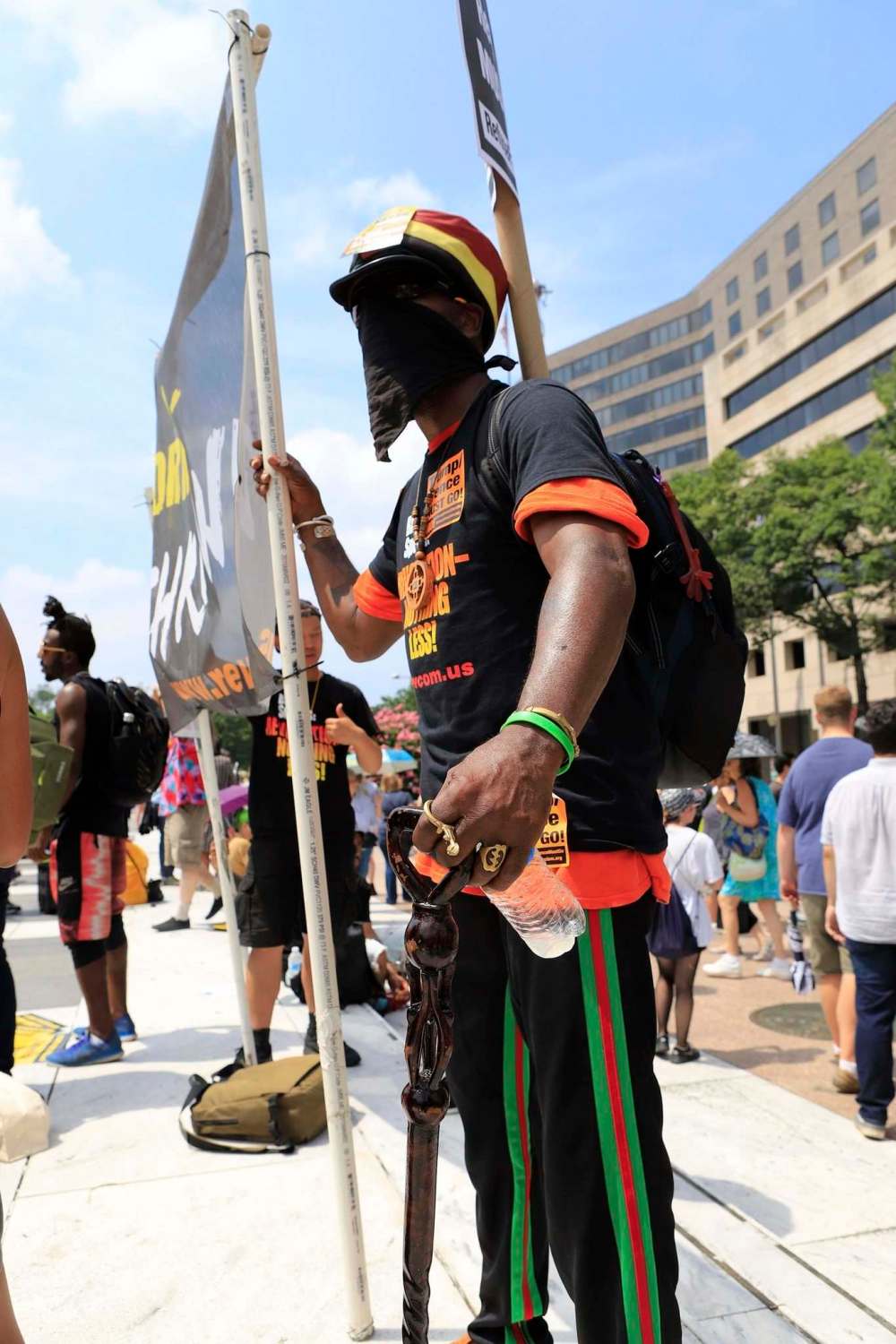
Simply put, the neo-Nazis were scared off — partly, no doubt, by the presence of thousands of counter-protesters eager to oppose whatever sort of demonstration the alt-right could muster, and also by the knowledge that D.C.’s police service was ready to respond in force to any suggestion that Charlottesville’s violence might be repeated.
Also surely serving as a deterrent is the manner in which many of last year’s “emboldened” neo-Nazi rioters have been held to account for their racism and violence.
As recently as last week, media reports that made public the identities of Charlottesville combatants resulted in lost jobs and abruptly ended military service.
The realization that freedom of speech doesn’t include freedom from consequences seems to have prompted most alt-right belligerents to sit this one out, and the majority of those who did travel to Washington took great care to conceal their identities.
While this muted unfolding of events should be encouraging to those who feared that last summer’s Virginia debacle represented a flashpoint, the subdued actions of the racist right a year later should not be viewed as a reason for celebration and should certainly not be interpreted as evidence that intolerance is on the wane.
Even if they aren’t up for the physical and/or public confrontations they seemed to revel in last year, neo-Nazi agitators still find plenty of opportunities for toxic behaviour in the digital world. It doesn’t take much more than a few minutes of online research to find proof that ugliness of thought is alive and, well, unwell.
A recent survey suggests as many as 11 million white Americans hold values consistent with alt-right thinking.
What seems to have changed is that such intolerance is being met by more aggressive resistance. Those buoyed by populism’s current wave have become a bit less bold, and perhaps even more inclined to portray themselves as victims.
The Merriam Webster Dictionary lists several antonym choices in its definition of “emboldened.” One seems particularly apt for to describing the alt-right’s attempt to mark the one-year anniversary of its “triumph” at Charlottesville:
“Enfeebled.”

